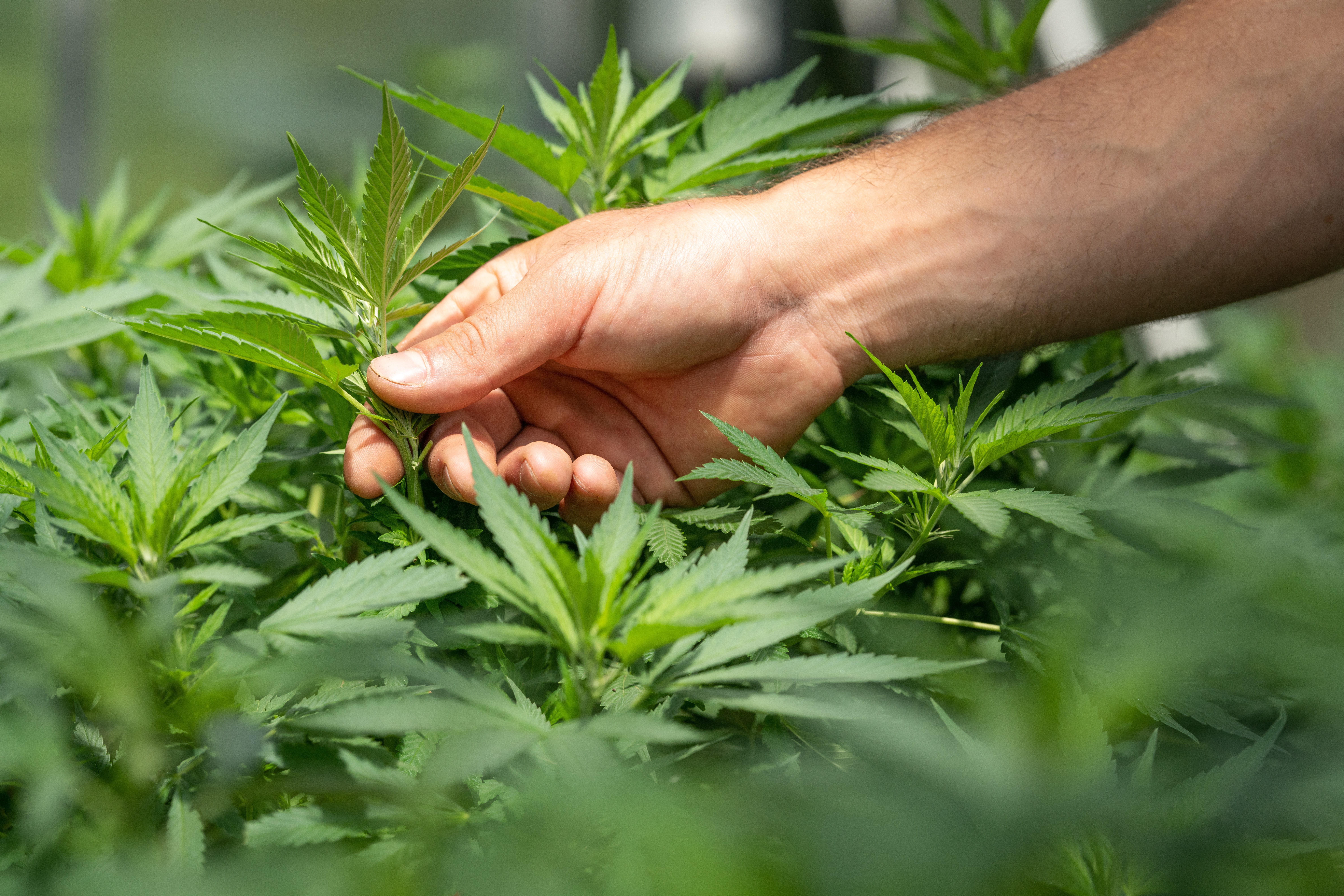There are a lot of CBD oil benefits highlighted in the media these days. From improving appetite to treating cancer, there is a lot of anecdotal evidence about the wonders of CBD oil. When it comes to skin health, CBD oil has its fair share of benefits as well.
CBD oil has been known to aid in pain management and inflammation. But those claims focus more on muscular pain and inflammation. What about inflammatory skin conditions? Is CBD oil safe to use on the skin?
When treating inflammatory skin conditions, what are the benefits one could find from using CBD oil? We’ve gathered up everything you need to know about CBD oil and its effects on the skin. Read on to learn more.
What is CBD?
CBD is the shorthand term for the phytocannabinoid compound called cannabidiol. This compound is produced from hemp, which is a strain of the cannabis plant. Many consumers believe that CBD can help mimic the function of natural cannabinoids produced by our bodies, which interact with our endocannabinoid compound (ECS).
The ECS is the organ system of mammals, which includes humans responsible for involuntary functions required to keep our body working. Typically, a healthy body is in a state of balance called homeostasis. Our body produces natural cannabinoids that bind into receptors in our central and peripheral nervous systems, triggering homeostatic reactions in our bodies.
However, the body is not always in a state of balance. Hundreds of studies at this point, and counting, have proven that CBD could help regain the balance in our ECS, helping improve our homeostatic function like sleeping, eating, and balance. From providing pain relief to treating cancer, studies have continuously delved into the medical and naturopathic effects of CBD on humans.
The Effect of CBD Oil on Skin
One specific benefit that experts and avid consumers have found from their studies is how CBD could improve skin conditions. There has been much research that proved the effectiveness of CBD oil on the skin, and still many ongoing studies to find out more.
The leading theory right now is that our skin has CB1 and CB2 receptors, much like our endocannabinoid system. The skin functions as if it has its own ECS that when CBD is applied over it, the phytocannabinoid compound binds with the receptors found on the skin. When this happens, it triggers the same homeostatic functions like pain management and anti-inflammatory effects on our skin.
How CBD Oil Helps in Treating Skin Inflammation
There are many factors that could trigger skin inflammation and its manifestation could vary from one human to another, depending on the body’s reaction. To define it, skin inflammation involves the triggering of our immune system and the production of T-helper cells.
Our body produces proteins that fight foreign bodies, which usually are the triggers to skin inflammation. As our body sends more and more protein to fight off the trigger, our body triggers an inflammatory reaction as well.
CBD has been proven to be effective in reducing inflammation due to its anti-inflammatory and immunomodulating effects. These effects work in tandem and help provide relief to various skin conditions.
- Allergic Contact Dermatitis
In simpler terms, allergic contact dermatitis occurs when our skin gets into contact with anything that triggers an allergic response to our skin. The allergen could be any substance, like pollen or henna, and could exhibit symptoms like itchiness and irritation. Severe cases of allergic dermatitis also include inflammation of the area of contact.
CBD has been shown to suppress the inflammatory reaction of the skin in patients that exhibit allergic contact dermatitis. Studies have shown that CBD oil applied on the skin inhibits the production of some proteins that could trigger the inflammatory effect.
- Psoriasis
Psoriasis is an autoimmune skin condition that causes cells to multiply more than ten times the regular rate. The skin produces red patches with white scales that could grow on any part of the body. These patches are most commonly found on the scalp, elbows, and knees.
A study in 2019 has found that CBD oil could help manage psoriasis. The topical application of CBD could help reduce inflammation by slowing down the production of the protein needed to trigger the disease’s characteristic abnormal cell growth.
- Acne
There are many reasons why anyone gets acne. Most commonly, acne happens when pores get clogged by dirt, oil, and dead skin cells. If it becomes more persistent, it could appear red and swollen.
CBD oil helps manage sebum (or oil) production, which helps in reducing acne flare-ups. CBD oil can help manage the worst of acne and provide relief to red and swollen skin along with its anti-inflammatory effect.
- Scleroderma
Scleroderma is a condition caused by the overproduction of collagen in our skin, which causes it to tighten and thicken. If not treated right away, it could affect the lining of your lungs and kidneys as well.
Since scleroderma is also characterized by inflammation and abnormal growth of scar tissues, experts have found that CBD oil could help manage these symptoms. CBD inhibits the abnormal growth of cells by inhibiting protein production needed to trigger the process. It is this core effect that enables CBD to manage inflammation and abnormal scarring.
There are many CBD oil benefits for every part of the body and its sum. But among the most promising ones are the ones centred on the skin. As CBD oil could be applied directly over the affected area, any effect can be seen quickly. The healing properties of CBD stem from its ability to bind with the receptors in our ECS. On the skin, CBD helps slow down abnormal cell growth by inhibiting protein production. As a result, CBD oil could help in managing inflammation and scar growth.
Aside from managing skin inflammation, there are many medical benefits to CBD. It could also be used to manage pain and help in injury recovery. Learn more by reading our article on how CBD can help with injury recovery.





